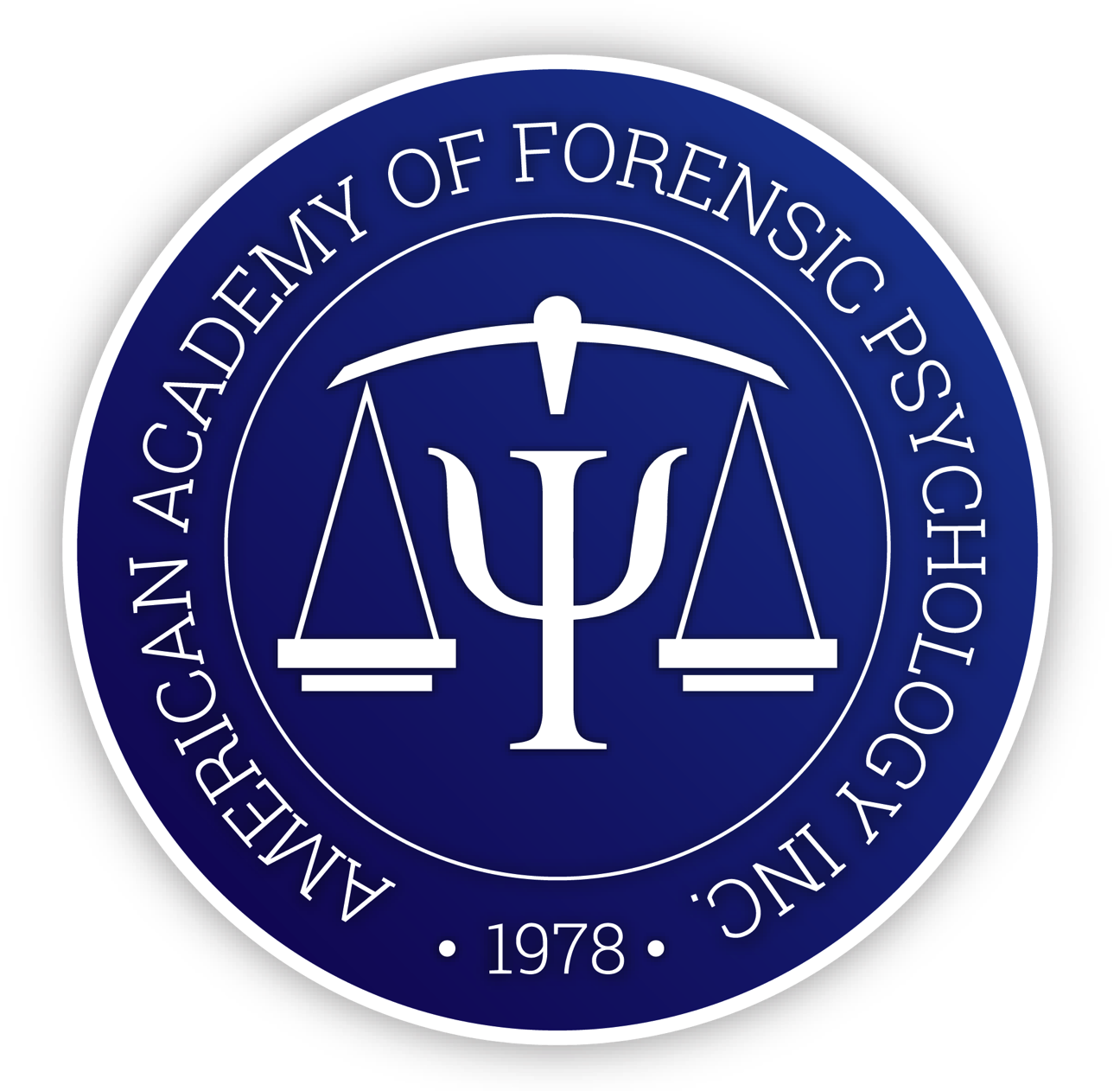4 Hours | 4 CEs
This on-demand professional training program on DSM-5-TR: Key Revisions and Implications for Forensic Psychological Practice is presented by Tracy Thomas, PhD, ABPP (Forensic) in partnership with the American Academy of Forensic Psychology (AAFP).
This program reviews key changes from the DSM-5 to the DSM-5-TR relevant to forensic psychological practice. This session also includes education and practice on distinct models of case conceptualization, issues surrounding the DSM and diagnosis, and methods of effectively communicating diagnostic information.
This program addresses the increased attention to culture, racism, and discrimination in the DSM-5-TR. The impact of culture, racism, and discrimination on (1) symptom presentation, (2) attribution and understanding of the cause of psychological disorders, and (3) variations in disorder prevalence across person groups and classes. Participants are provided with both didactic training and practice via case examples.
This program focuses in many regards on applying DSM-5-TR to forensic psychological work but is also be relevant to general mental health practitioners and applied clinical and clinical forensic settings.
*Each section ties back to forensic psychological practice; does not focus on therapeutic practice.*
This program is intended for early-career mental health professionals. It is also appropriate for mid- and later-career mental health professionals who are interested in an overview of key changes from DSM-5 to DSM-5-TR.
Program Outline
- Introduction: Objectives, overarching principles, relevant ethical issues for training
- Brief history of DSM
- Review of DSM-5: Major theoretical shift from previous DSMs
- DSM-5-TR: Major changes to the theoretical approach and diagnoses/diagnostic criteria.
- Discussion and case examples: Diagnosis and case conceptualization
- Case law and FREs relevant to the implementation of DSM-5-TR
- DSM-5-TR: Culture, racism, and discrimination- Rationale for addition to DSM, application to practice.
- Discussion questions and case examples: Culture, racism, and discrimination
- Main points and conclusions

Intended Audience
This on-demand professional training program is intended for mental health and other allied professionals

Experience Level
This on-demand professional training program is appropriate for beginner, intermediate, and advanced level clinicians.

CE / CPD Credit
APA, ASWB, CPA, NBCC Click here for state and other regional board approvals.
Learning Objectives
Upon completion of this program you will be able to:

Describe how to develop a plan for incorporating DSM-5-TR updates into their forensic psychological practice

Describe the knowledge and skills necessary to explain DSM-5-TR updates in plain language accessible to courts, attorneys, and other consumers of forensic psychological work products

Describe how to incorporate issues of culture, racism, and discrimination into forensic psychological assessment, diagnosis, and psycho-legal opinions

Curriculum
1. Program Introduction
2. Key DSM-5-TR Revisions: Diagnostic, Legal, and Cultural Considerations
3. Case Example 1
4. Case Example 2
5. DSM-5-TR in Practice: Purpose and Effective Communication of Diagnoses
6. Closing Questions
Develop a Specialty Area of Practice
Transforming mental health professionals into experts
Expert Instructors
Professional training developed and delivered by the field's leading experts

CE Credit
Earn CE credit for meaningful professional training that will elevate your practice
Convenience & Flexibility
Learn at your own pace, from wherever you might be!
Program Partner
American Academy of Forensic Psychology (AAFP)
We are proud to partner with the American Academy of Forensic Psychology (AAFP) for this training. AAFP is a non-profit organization of board-certified forensic psychologists whose mission is to contribute to the development and maintenance of forensic psychology as a specialized field of study, research, and practice. The Academy does this by providing high-quality continuing education workshops, providing a forum for the exchange of scientific information among its members, and conferring awards upon outstanding students and practitioners in the field of forensic psychology.

CE Sponsorship Information
Palo Alto University, Continuing and Professional Studies (CONCEPT) is approved by the American Psychological Association to sponsor continuing education for psychologists. Palo Alto University, Continuing and Professional Studies (CONCEPT) maintains responsibility for this program and its content. Palo Alto University, Continuing and Professional Studies (CONCEPT) is approved by the Canadian Psychological Association to offer continuing education for psychologists. Palo Alto University, Continuing and Professional Studies (CONCEPT), SW CPE is recognized by the New York State Education Department’s State Board for Social Work as an approved provider of continuing education for licensed social workers #SW-0356 and the New York State Education Department’s State Board for Mental Health Practitioners as an approved provider of continuing education for licensed mental health counselors. #MHC-0073. Palo Alto University, Continuing and Professional Studies (CONCEPT) has been approved by NBCC as an Approved Continuing Education Provider, ACEP No. 6811. Programs that do not qualify for NBCC credit are clearly identified. CONCEPT Professional Training, #1480, is approved to offer social work continuing education by the Association of Social Work Boards (ASWB) Approved Continuing Education (ACE) program. Organizations, not individual courses, are approved as ACE providers. State and provincial regulatory boards have the final authority to determine whether an individual course may be accepted for continuing education credit. CONCEPT Professional Training maintains responsibility for this course. ACE provider approval period: 11/22/23-11/22/26. Social workers completing this course receive (clinical or social work ethics) continuing education credits.


.png)